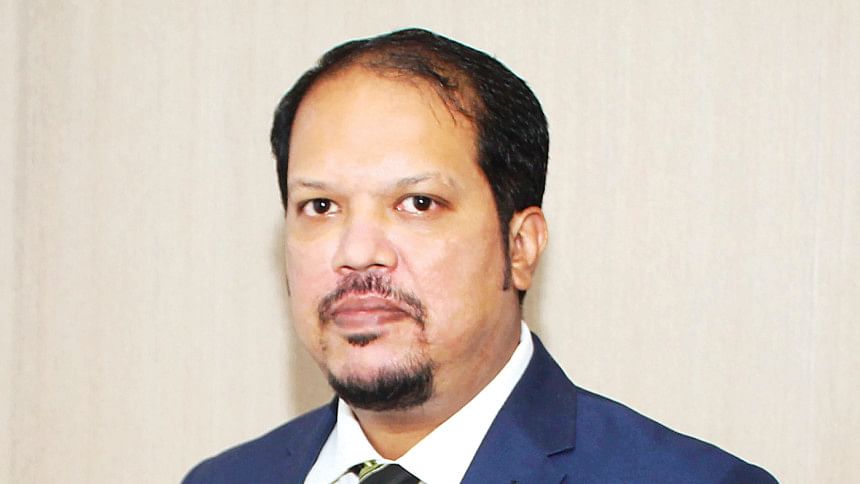The way out for weak banks

The banking sector of Bangladesh has expanded over the years in terms of the number of formal financial institutes and types of financing instruments and products available in the country.
But the health of this vital sector has deteriorated over the past decade due to malpractices, scams, corruption, poor governance, weak compliance, heists and rising non-performing loans (NPLs).
Although restoring law-and-order is the first priority of the interim government, this fragile banking sector is also a big threat to the country's socio-economic stability.
The downfall of 8 to 9 specific banks could lead to widespread financial chaos, affecting businesses, investors, respective bank employees and ordinary citizens who rely on these banks for their savings, earnings and businesses. The damaged confidence may trigger massive withdrawals, resulting in a liquidity crisis and unrest in the society.
Now, we must acknowledge that a weak banking system limits credit availability, restricts business expansion and slows down economic growth. This is a risky symptom for a transforming economy like Bangladesh, where both political steadiness and financial health are crucial for recovery and development.
If these fragile banks are not stabilised, the country risks entering a sliding economic spiral and further worsening the situation.
The interim government has to navigate through a series of challenges to save these fragile banks from collapse. Firstly, restoring governance is crucial. Several of these banks have suffered from poor management practices, lack of compliance with regulatory standards, and political interference.
The restructuring of their boards with experienced bankers and business leaders is a good step, but this needs to be accompanied by a stronger regulatory framework and more sovereign oversight. The central bank must also ensure that these new boards are held accountable. Governance failures were a major cause of the current fragility, and without a substantial overhaul in compliance and regulation, the same mistakes could be repeated.
Secondly, the interim government must address the capital shortage. Many of these banks are operating below the required capital adequacy ratio, making them vulnerable to external shocks. The injection of capital either through government funds or private investors could be a way out. However, this must be done sensibly, ensuring that the new funds are used for reformation and strengthening, rather than merely bailing out past losses.
It is true that a potential solution is to encourage mergers between weaker banks and stronger ones for more stable institutions. By consolidating resources and management expertise, these banks can become stable.
Certainly, the root cause of these problem banks arises from NPLs, which are mainly politically backed having zero fall back procedures and mostly absconded in nature. As such, the central bank could consider creating a separate specialised "bad book" to take care of these toxic assets and manage these separately with specialists' individuals and firms. This might gear up the standard balance sheets of these fragile banks, allowing them to focus on recovery rather than being bogged down by bad loans.
The central bank must initiate certain activities that would help restore confidence among depositors. Clear communication about the steps being taken to strengthen the banks, improve governance, and safeguard deposits would go a long way in calming public fears. Ensuring transparency is vital in this regard as depositors need to trust that their money is safe.
Currently, this fragile banking sector is a major challenge for Bangladesh's interim government, but it also presents an opportunity to introduce deep and meaningful reforms. With strong governance, recapitalisation and the right regulatory framework, these banks can be saved from collapse. This would not only restore public trust in the financial system, but also ensure that the economy remains on a path of recovery and growth. Now more than ever, the government must act conclusively to secure a stable and affluent financial future for Bangladesh.
The author is a banker

 For all latest news, follow The Daily Star's Google News channel.
For all latest news, follow The Daily Star's Google News channel. 



Comments